The big advantage of the electric car is that it can take electricity from any source and turn it into the ability to deliver you to and from work, to school, to the doctor or grocery store. It doesn't use fossil fuels, at least not directly. Whether the power grid gets its energy from hydroelectric dams, solar panels, nuclear power, or wind turbines it doesn't matter to the electric car. Once the population have electric vehicles, they just need to maintain them, not replace them like the neverending supply chain of current gasoline powered cars. This is the big advantage. Any electric source can become the motion needed to maintain our economy and accustomed lifestyle.
You can already buy an electric bike and an electric scooter, but they have limited range and speed. Electric motorcycles win drag races, if that's what they're setup for, but the big limiting factor in electric cars, as shown on Top Gear in Season 16, is limited range and long recharge time. This is because they use lithium ion batteries, currently the best available to science and industry. Lithium ion batteries power your laptop and cellular phone. As you know, within a few hours they're discharged and die. They get hot if they're used hard, and when they get hot, when they're recharged again they're not quite as good. They wear out. They aren't really the right answer, but they're the only answer we have. For now.
The big disadvantage, these days, is the electric car is both much more expensive than a gasoline powered version of the same range, and its can only go a modest distance before needing recharge, which isn't fast or common either.
Work is being done to make that easier and faster, but the battery materials used, mostly lithium, are rare earths, meaning we either pay whatever the mine owners charge or we take it by force. And that means another war. Bolivia is prepared for both outcomes, having Lithium brines under their great western Andean desert salt flats, the same one you saw in the recent James Bond movie "Quantum of Solace".
Turns out there's lithium brines draining out of a volcanic field in Nevada too, but the Lithium crystals mined from the Urals are pretty much done. Those power most cellphones today. The Bolivians know what they've got. They will sell it dearly, in a bidding war between us, China, and India. They know that they might get invaded by the loser, or if the price runs too high. They're willing to risk it because they don't have much to lose and everything to gain. After all, Cocaine just doesn't pay like it used to. Worse yet, the total lithium deposits on earth are enough to power about 2 million cars with very modest range. If you try to build more you get these instead:
Or you revert to the above electrics and a bunch of old timers running cobbled together Tuktuks like this:
What it takes to get around the problems of Lithium is an entirely new battery technology. A battery that runs on no rare earth elements. A battery that can be mass produced and everyone on earth can have one, even the poorest farmer in India.
We don't have this yet. Not even theoretically. If or when it's discovered, tested, perfected, and rushed to market to replace the Lithium Ion batteries now in cars and cellphones and laptops it will change the world, because with a working scalable battery the need to be polite to the Middle East ENDS. And when the Middle East stops being important, when it stops being funded, all those Jihad wars suddenly look very silly, and the EU and USA just back off and let them fume alone. The oil full of sulfur just turns back into toxic waste, suitable for fertilizer or plastic manufacturing but not much else. Our international interests will then be in food, rather than securing ever-decreasing supplies of energy. A new age of peace.
No more resource wars over power supply. Water supply is separate issue, but one that cheap energy can resolve through sea water desalination on every coastline, pumping inland with those same solar powered batteries, making agriculture possible in most places. We'll have enough to eat, everywhere that people live. Suddenly getting along can happen. We don't have to kill everyone we meet anymore. We still have to contend with the mess we made everywhere we've gone, all the enemies we've made, but in time and generations that will mellow. So keep your fingers crossed and hope some chemist finds a way to make a battery that will replace lithium with common ingredients. Change the world, not with empty words but technology that matters.
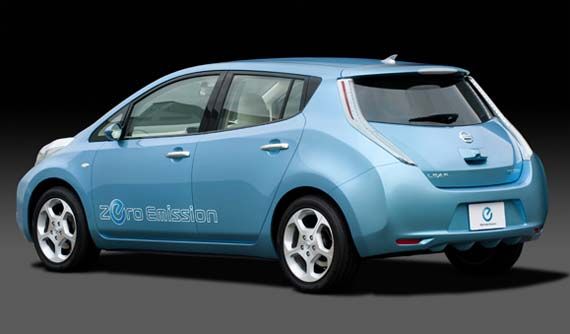
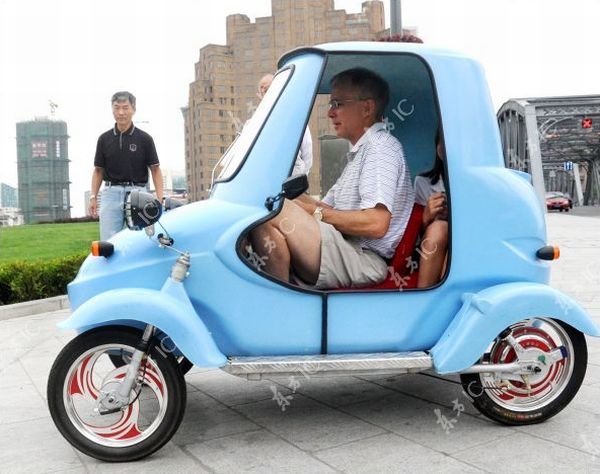
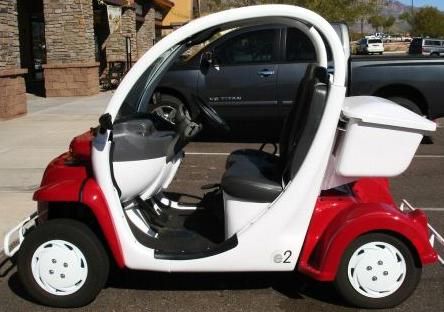
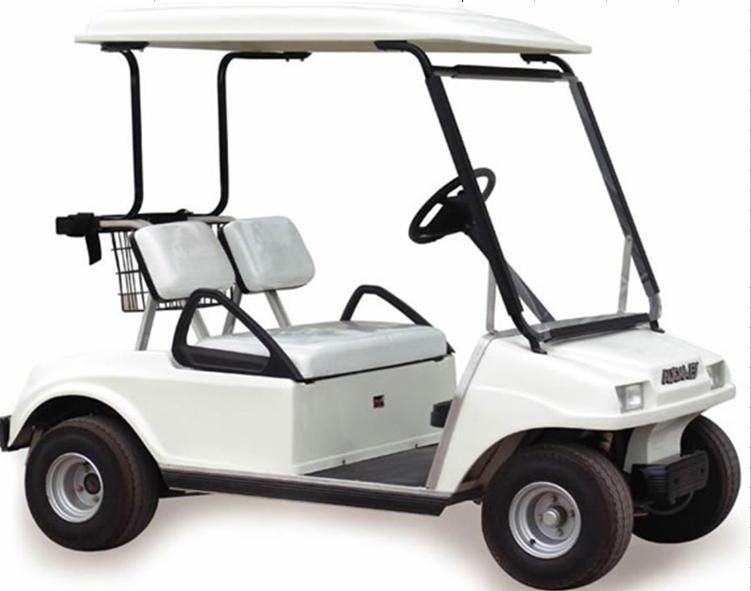
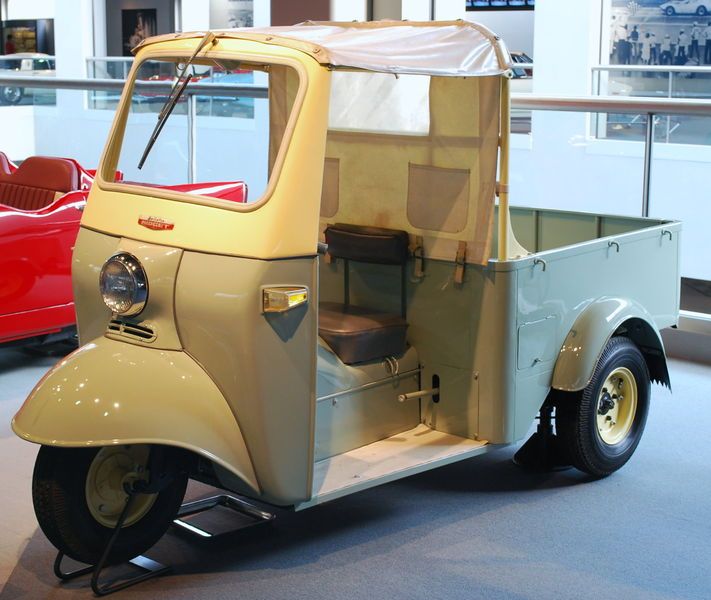
No comments:
Post a Comment